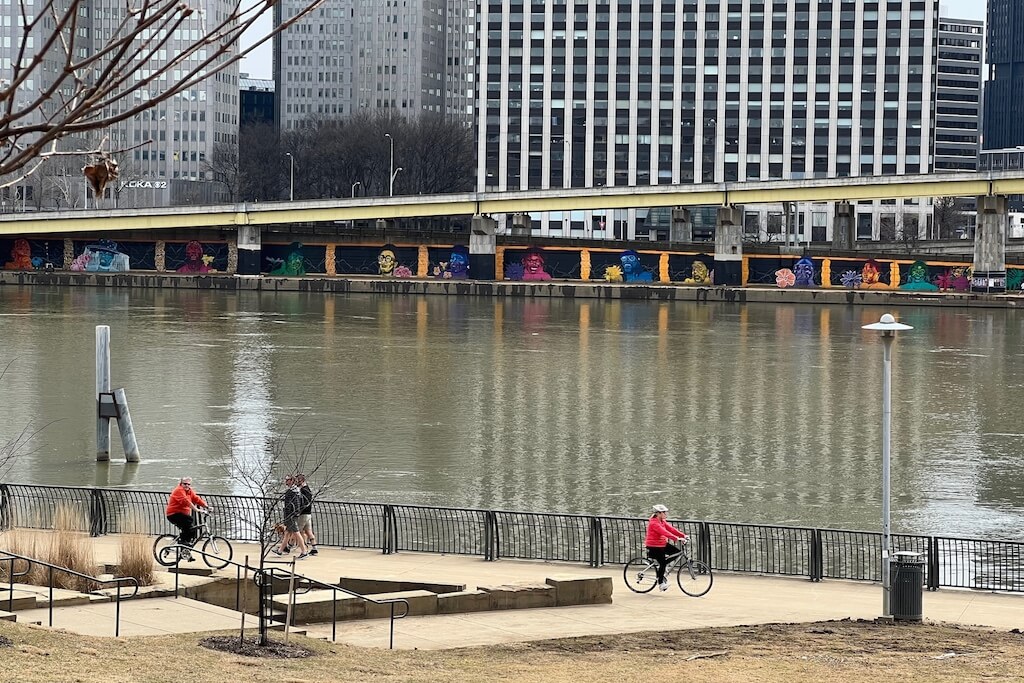Autumn Gear Guide
Find inspiration in our Gear Guide that will keep you out on your bike through wind or rain.
Download NowIn a nation where cars have long reigned supreme on the road, a new report is shedding light on the top cities for car-free living in 2024. As the desire to reduce reliance on automobiles gains momentum, a new report ranks the 200 largest cities in the United States based on four crucial categories: walkability, […]
In a nation where cars have long reigned supreme on the road, a new report is shedding light on the top cities for car-free living in 2024. As the desire to reduce reliance on automobiles gains momentum, a new report ranks the 200 largest cities in the United States based on four crucial categories: walkability, bikeability, transit ridership, and pedestrian safety, encompassing 23 key metrics.

The city of Pittsburgh
The report categorizes factors into four categories—Access, Commute Culture, Safety, and Climate—each assigned specific weights based on their significance. Factors within these categories include metrics like bike scores, walk scores, transit scores, crime indexes, and climate-related data.
The HVAC Gnome study collected data from various sources for each of the 200 largest U.S. cities, assigning scores out of 100 points to determine their overall rankings. The cities with the highest overall scores secured the coveted “Best” spots, while the lowest-ranking cities were deemed the “Worst.”
Owning a vehicle can be a financial burden, with car ownership costs on the rise. Public transportation, in contrast, offers a more cost-effective and safer alternative. Some cities are even implementing “open streets” concepts to enhance pedestrian and cyclist safety. Additionally, choosing public transportation over personal vehicles contributes to a reduction in emissions by up to 45%, improving air quality and sustainability.
For more on why car-free cities are the next big thing, check out this article.
Find inspiration in our Gear Guide that will keep you out on your bike through wind or rain.
Download Now
Leave a comment